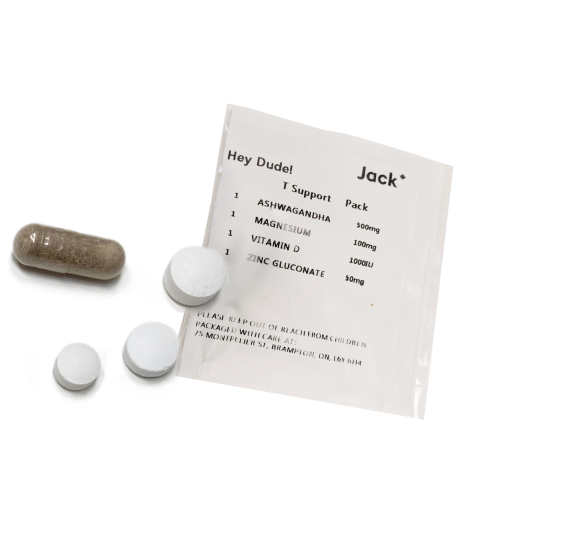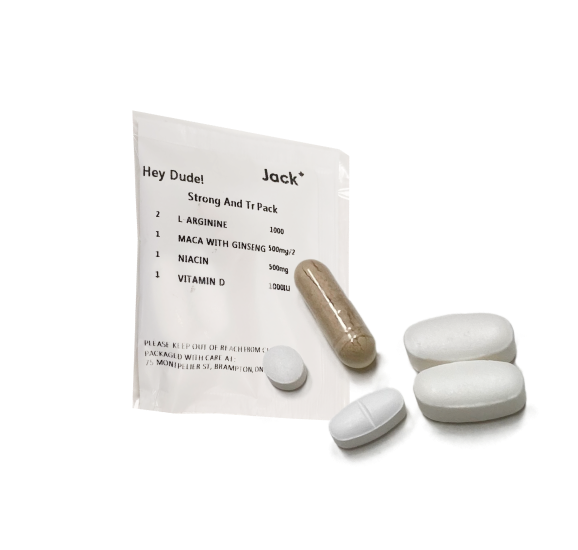Two of the most popular medications are Dutasteride and Finasteride. Both work by targeting hormonal causes, but they differ in their potency and effectiveness.
In this article, we’ll discuss Dutasteride vs Finasteride to help you choose the best option. Well, first, let’s start with the basics!
What is Male Androgenetic Alopecia?
Male androgenetic alopecia, or male pattern baldness, is a hereditary condition. It causes hair follicles to gradually shrink, leading to hair thinning and loss. This usually begins at the hairline and crown.
What is Follicular Miniaturization?
Follicular miniaturization is a key process in hair loss. Hair follicles gradually shrink, producing thinner and shorter hair strands. This process is often linked to androgenetic alopecia and is driven by hormones, especially dihydrotestosterone (DHT).
Can Finasteride and Dutasteride Help with Follicular Miniaturization?
Yes, Finasteride and Dutasteride can help with follicular miniaturization by reducing DHT levels. Finasteride inhibits 5-alpha-reductase type II, lowering DHT and slowing hair loss.
Dutasteride, inhibiting both type I and II enzymes, is more potent, leading to a greater DHT reduction. It’s also more effective in preventing hair follicle shrinkage.
Finasteride vs. Dutasteride: What are the Differences?
When considering treatment, comparing Finasteride and Dutasteride is crucial. Here are the differences discussed in detail below:
Generic Version
Generic versions of Finasteride and Dutasteride are available. Finasteride generics are cheaper and widely accessible due to their longer market presence.
Dutasteride generics are less common and pricier, making them harder to find. The difference in availability and cost is due to Finasteride’s broader market demand.
Form
Finasteride is available as an oral tablet, and Dutasteride is an oral capsule. Both are taken daily, with no widely approved topical forms available. This consistency simplifies treatment but limits options for those preferring topical solutions.
Some patients take Finasteride and Dutasteride together. This combination may offer added benefits over using one medication alone.
Effectiveness
Dutasteride is generally more effective than Finasteride.
If you’re not seeing the desired results with Finasteride, consider Dutasteride instead of Finasteride.
Studies show Dutasteride users report greater satisfaction and more noticeable results than those using Finasteride.
Strength
Finasteride comes in 1 mg and 5 mg tablets. Dutasteride is available in 0.5 mg capsules.
Frequency of Consumption
Both Finasteride and Dutasteride are taken once daily. Finasteride should be taken at the same time daily, with or without food. Dutasteride also requires daily use, without food restrictions. Consistency is crucial for both medications to maximize their effectiveness.
Storage Requirements
Store Finasteride and Dutasteride at room temperature, away from moisture and heat. Keep them in their original packaging to protect them from light and air. Always store out of children’s reach for safety. Proper storage ensures the medication remains effective.
Side Effects of Dutasteride and Finasteride
Both Finasteride and Dutasteride have common and rare side effects. It’s important to be aware of these potential risks.
Common Side Effects:
- Finasteride: Decreased libido, erectile dysfunction, ejaculation disorder, breast tenderness, rash.
- Dutasteride: Decreased libido, erectile dysfunction, reduced semen volume, breast tenderness, dizziness.
Key Takeaways
- Dutasteride is generally more effective.
- Finasteride generics are cheaper and more widely available than Dutasteride.
- Both drugs share common and rare side effects, requiring careful monitoring.
- Both are taken once daily, with consistent use necessary for maximum effectiveness.
Frequently Asked Questions
Is Oral Dutasteride More Effective Than Finasteride?
Yes, oral Dutasteride is more effective than Finasteride, especially in reducing DHT levels. Dutasteride has both type I and II 5-alpha-reductase enzymes, leading to greater DHT reduction.
Are Any Blood Tests Necessary While Taking Dutasteride or Finasteride?
Yes, regular blood tests are recommended while taking Dutasteride or Finasteride. Additionally, racking liver function and hormone levels helps detect adverse effects early. This ensures the safe and effective use of these medications.
Will Dutasteride Work If Finasteride Will Not?
Yes, Dutasteride will work if Finasteride does not. While Finasteride targets only type II 5-alpha-reductase, Dutasteride inhibits both types I and II. This comprehensive action can result in greater DHT suppression, making Dutasteride a suitable alternative for those not responding to Finasteride.
Resources
- Eun, H., Kwon, O., Yeon, J., Shin, H., Kim, B., Ro, B., Cho, H., Sim, W., Lew, B., Lee, W., Park, H., Hong, S., & Ji, J. (2010). Efficacy, safety, and tolerability of dutasteride 0.5 mg once daily in male patients with male pattern hair loss: a randomized, double-blind, placebo-controlled, phase III study. Journal of the American Academy of Dermatology, 63 2, 252-8. https://doi.org/10.1016/j.jaad.2009.09.018.







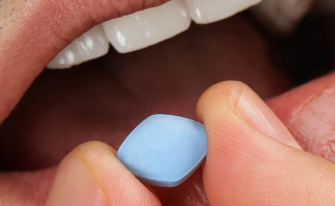




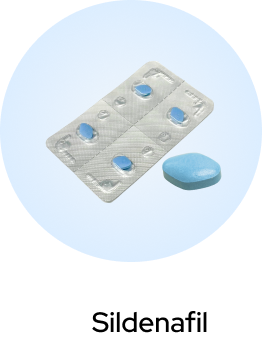
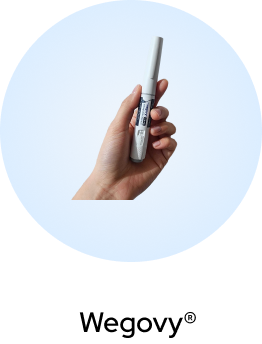
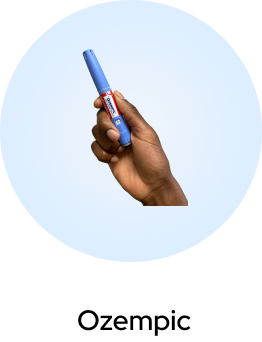


 (US)
(US)
